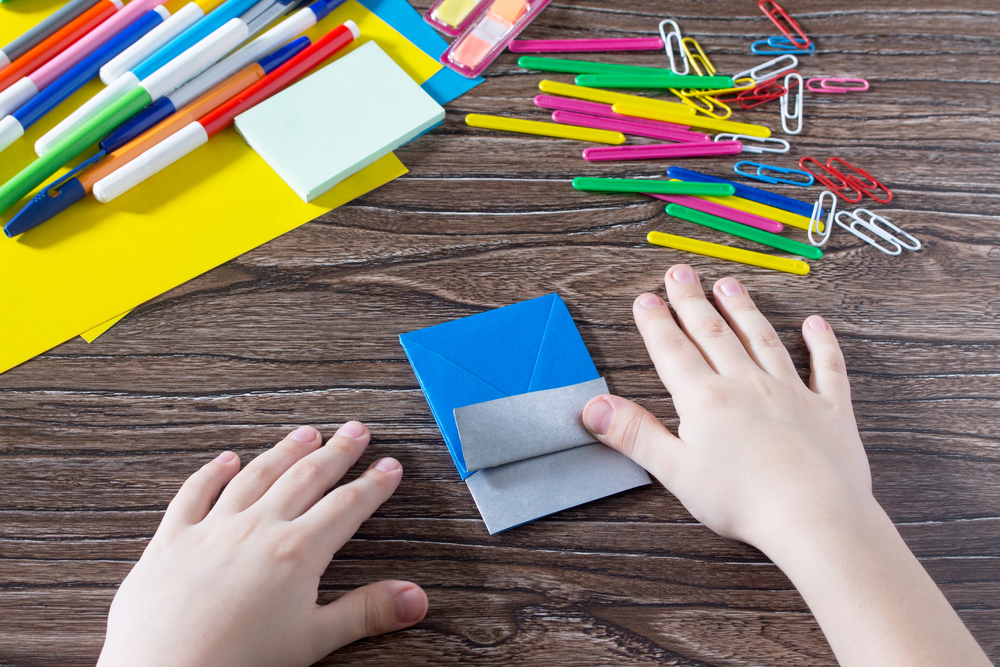Multiplication table familiarity Worksheets for Kids
1 filtered results
-
From - To
Question/Answer
What does the Multiplication table familiarity skill mean when it comes to Grade 2 Adding up to 100 Misc learning?
The Multiplication table familiarity skill in the context of Grade 2 Adding up to 100 Misc learning refers to a student's ability to understand and recall basic multiplication facts.
How to test a Grade 2 student’s Multiplication table familiarity skills?
To test a Grade 2 student's multiplication table familiarity, provide a mix of direct multiplication questions (e.g., 4 x 3) and practical word problems that require multiplication to solve. Include multiplications within the 0-5 times tables initially, then progressively introduce higher numbers up to 10 as their confidence grows. Use a timed quiz to assess their speed and accuracy.
Why is the Multiplication table familiarity skill important for Grade 2 students?
Multiplication table familiarity is important for Grade 2 students as it lays the foundational knowledge for understanding more complex mathematical concepts. It aids in the development of mental arithmetic skills, enabling quicker and more accurate problem-solving. This proficiency supports students in mastering higher-level math tasks, fostering confidence and a positive attitude towards math learning as they progress through their education.













